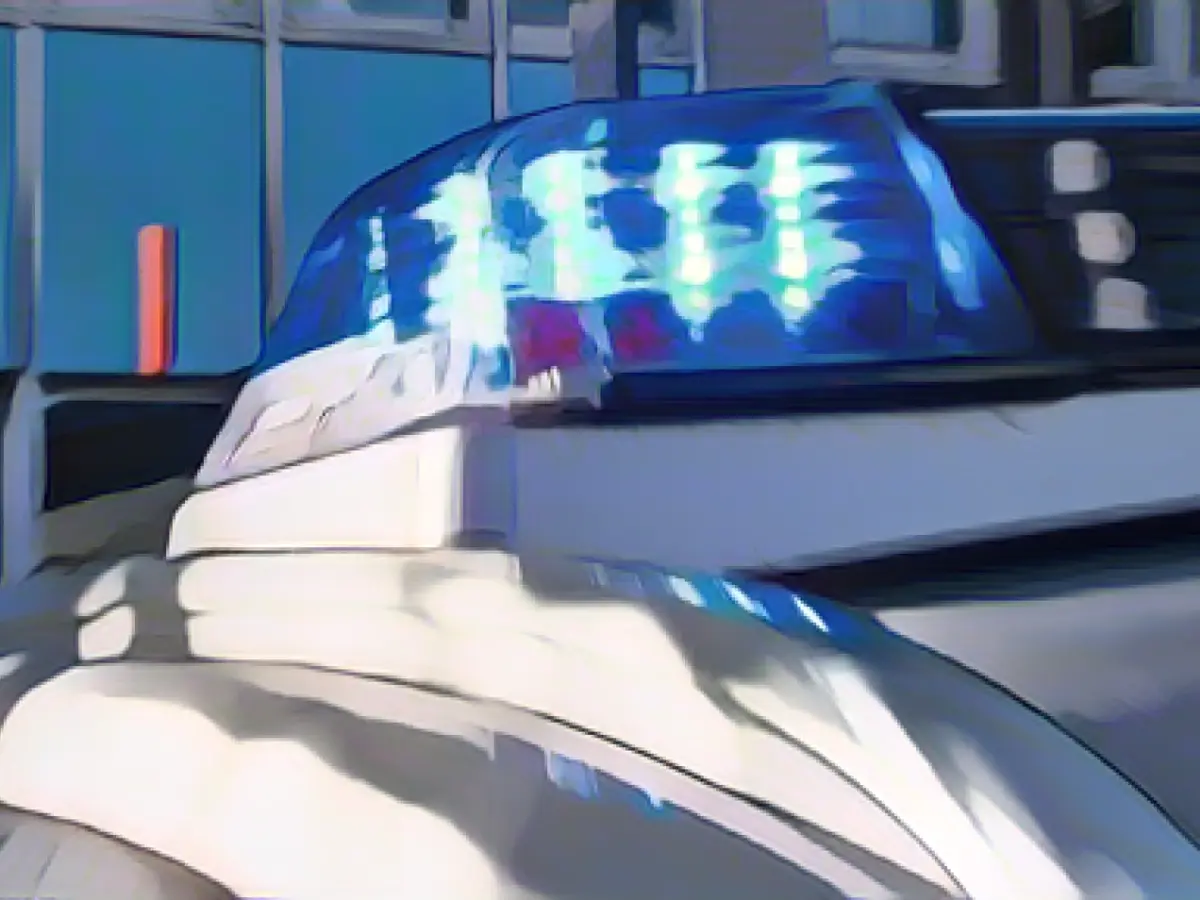Drone Ruckus at Dresden's Striezelmarkt: Man on the Hook for Law Violation
A 34-year-old man finds himself in hot water following an alleged drone flight over Dresden's famous Striezelmarkt. Police announced charges against the individual for breaching aviation regulations, as reported on Monday. Thanks to tips from witnesses, the police successfully nabbed the pilot and orchestrated a safe landing for the device on Sunday evening.
Related News:
The incident at Striezelmarket has prompted safety concerns and potential legal violations, as authorities consider the possibility of addressing criminal drone activities in Saxony. By implementing stringent regulations and educating the public on appropriate drone usage in public spaces, incidents similar to this can be averted.
Originally Sourced from:
Drone Regulations and Safety Measures in Germany
Germany relies on the European Union Aviation Safety Agency (EASA) and the Federal Aviation Office (FAO) to oversee drone regulations and public safety measures, particularly in response to incidents like the Striezelmarkt incident.
- Regulatory Framework: Germany operates under three categories (Open, Specific, and Certified) with varying regulations based on risk levels. Low-risk operations without prior authorization are permitted within a visual line of sight and up to 120 meters in altitude. Registration is mandatory for drones over 250 grams or equipped with cameras [3].
- Registration and Licensing: Hobbyist drone operators with drones weighing over 250 grams or featuring cameras, as well as commercial operators, require registration. A remote pilot license is necessary for certain subcategories [3].
- Public Safety Measures: Avoid no-fly zones (e.g., around airports and heliports), and maintain a minimum 8-kilometer distance from airports/heliports. From January 2024, drones in the Specific category and certain Open category drones are required to have an active and up-to-date remote identification system. Insurance is recommended for hobbyists and mandatory for commercial operations, with a minimum coverage of €1 million[3].
- Incident Response: Authorities investigate incidents, imposing fines or penalties for non-compliance [3].
- Public Awareness: Educational materials and checklists help operators adhere to safety guidelines, including pre-flight and post-flight protocols [4].
These measures strive to balance the growing popularity of drone technology with public safety concerns. The specific response to incidents such as the Striezelmarkt event depends on the incident's details and any actions taken by local authorities.







